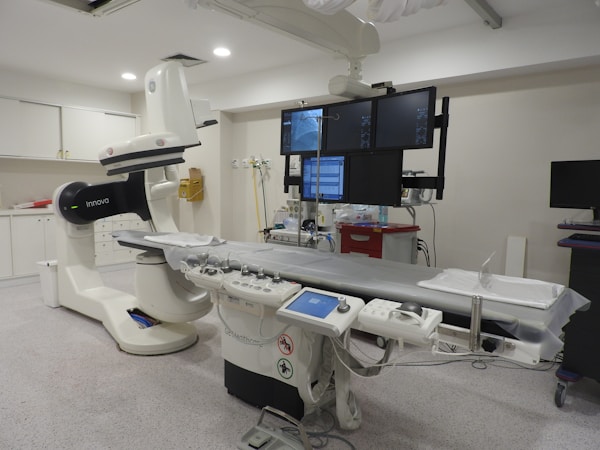One of the most important aspects of providing high-quality healthcare is making accurate and timely assessments of patients. An evidence-based assessment is based on the best available evidence. This means that clinicians use information from research studies to make decisions about patient care. An evidence-based assessment is a type of healthcare assessment that relies on research and data to make decisions. This approach has been shown to improve patient outcomes and quality of care. Keep reading to learn more about an evidence based assessment in healthcare.
What are the benefits of using assessment tools in healthcare?

When making healthcare decisions, it’s important to use the best available information. This is where evidence-based assessments come in. These assessments use the best available scientific evidence to make decisions about treatment.
There are several benefits to using evidence-based assessments. First, they can help ensure patients receive the best possible care. Second, they can help to minimize the risk of error. Third, they can improve communication between clinicians and patients. Finally, they can help to improve patient outcomes.
One of the benefits of using assessment tools is that they can help us to make informed decisions about our health. Healthcare providers who use evidence-based assessment can tell us about the risks and benefits of different treatment options.
Another benefit of evidence-based assessment is that it can help us to avoid unnecessary treatments. Healthcare providers who use evidence-based assessment will only recommend safe and effective treatments. This can help to reduce the risk of complications and side effects, and it can also help to reduce the cost of healthcare.
How will I know if the evidence-based assessment is working in my practice?
The goal of any evidence-based assessment is to improve patient outcomes. However, there is no one-size-fits-all answer to whether or not an assessment is working in a particular practice; effectiveness will vary depending on the specific population being served and the type of assessment used. Some factors that may indicate that an assessment is having a positive impact on care include:
- Patient satisfaction with care has increased since the assessment was introduced.
- Fewer adverse events have been reported since the assessment was introduced.
- There has been a cost reduction associated with care since the assessment was introduced.
- Patients are being discharged from hospitals earlier than before
Are there any other considerations when using an evidence-based assessment in healthcare?
When using an evidence-based assessment in healthcare, there are other considerations to take into account. One is the clinical expertise of the individual or team conducting the assessment. Another is the context within which the assessment will be used. The results of an assessment should always be considered.
How do you choose the best evidence-based assessment tool for your needs?

When looking for an evidence-based assessment tool, it’s necessary to consider the needs of your practice. The most important factors to consider are the purpose of the assessment and the population you will be assessing. Other factors to consider include: how frequently the assessment will be used, who will administer it, and what resources are available.
There are many different types of evidence-based assessments available; some assessments are intended for use in clinical settings, while others are designed for research purposes. It’s also important to select an assessment that has been validated and has a good track record.
The best way to determine which assessment is right for you is to read reviews and compare different options. You can also ask other professionals in your field which assessments they recommend.
Using evidence-based assessments is a best practice for delivering quality healthcare. By making evidence-based decisions, clinicians can ensure that patients receive the best possible care.










